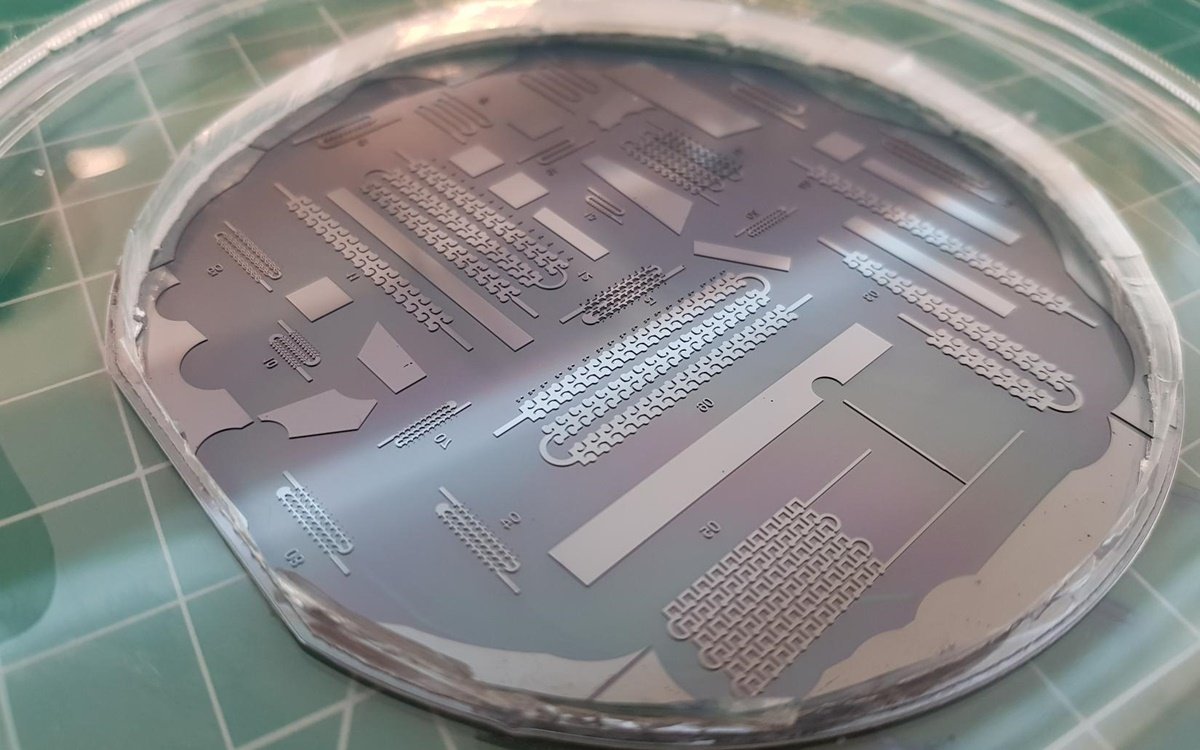A new device developed by researchers at Sydney University of Technology (UTS), detecting and analyzing cancer cells with blood samples to help doctors avoid invasive biopsies and still monitor treatment progress.
The device, called Static Droplet Microfluid, is a biotechnology that can quickly detect circulating tumor cells (CTC) that break away from the cancer source and enter the bloodstream.
Research says a rapidly expanding subpopulation of circulating tumor cells (CTC) are potential sites for metastasis, the formation of new tumors in other organs of the body after cancer cells have spread.
The new device successfully identifies functional CTCs from different cancer patients, including colorectal, kidney and bladder cancer patients, using whole blood without any sample pretreatment, the research also reported.
In 28 patients with colorectal cancer, 61.54% of patients with metastases had functional CTCs and had stronger invasion as assessed by migration/invasion distance than patients without metastases.
Professor Majid Wakiana at the UTS School of Biomedical Engineering said: “A single tumor cell can be found among the billions of blood cells in just one milliliter of blood, making it very difficult to find. The new detection technology has 38,400 cameras that can detect the number of metabolically active tumor cells by isolating and classifying them.”
This new technology is designed so that doctors can diagnose and monitor cancer patients without the need for expensive technological equipment or trained operators.
Source: Tec Mundo
I’m Blaine Morgan, an experienced journalist and writer with over 8 years of experience in the tech industry. My expertise lies in writing about technology news and trends, covering everything from cutting-edge gadgets to emerging software developments. I’ve written for several leading publications including Gadget Onus where I am an author.












